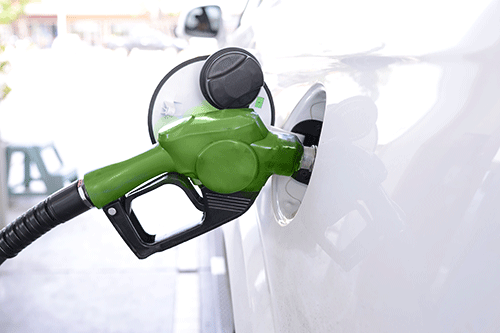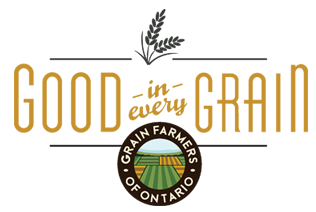Ethanol and your engines

Ethanol is a renewable fuel source that is produced mainly though the fermentation of grain corn in Ontario. Ethanol is can be added to gasoline to create a higher octane fuel. Octane is the measure of a fuel’s ability to resist “knocking” or pining noises when the air/fuel mixture burns too early during combustion in an engine. High octane fuel improves performance as less fuel is burned.
Ethanol has a higher octane than gasoline which is able to improve the quality of the gas while still being cost effective. Gasoline has always required additives to raise the octane level, and previous additives included were lead and MTBE- both have since been banned for their poor environmental/health effects.
Ethanol is made from grain corn which is a renewable and sustainable fuel that can help reduce greenhouse gases by up to 62%! And, ethanol is produced with grains grown by Ontario’s grain farmers, which is a great end use market for #YourFarmers.
Is ethanol bad for my engine?
No, all gasoline vehicles can run on an E10, or an ethanol,/gasoline blend of 10% ethanol and 90% gasoline. All vehicles manufactured since 2001 are also able to run on an E15 blend. Race cars like the ones we see at the Honda Indy Toronto, actually run on E85! 85% of their fuel is ethanol based to boost car performance during the races.
But, I heard it causes engine corrosion?
The common questions when it comes to ethanol and engine compatibility is that ethanol blended fuels cause corrosion to an engine. This isn’t directly true. Ethanol is no more worse for our engines than gasoline when proper storage, dispensing and usage guidelines are followed. The Morrison debate explains that because ethanol is an alcohol based fuel, water is more likely to be absorbed by your fuel blend. This can then cause the water to end up in your tank, separate from the fuel and settle causing corrosion on the metal parts of an engine. But, gasoline becomes stale long before water uptake of ethanol/gasoline blends become a concern. Thus, with proper fuel handling procedures are done, there will not be any issues using ethanol fuel blends in a gasoline engine.
What about my motorcycles, small engines, or boat motors- should I use ethanol blended gasoline in them?
All major marine manufacturers/motorcycles engines/small engines permit the use of up to E10 in their products. But, there is still maintenance practices that should be followed to ensure there isn’t long term engine issues. Proper fuel storage, following manufacture guidelines, adding fuel stabilizers when needed and proper engine maintenance and checks can all help prevent issues when using E10 fuels (Renewable Fuels Association).
More resources:
Food versus Fuel- why are fueling our world when people are going hungry?
Canadian Renewable Fuels Association
